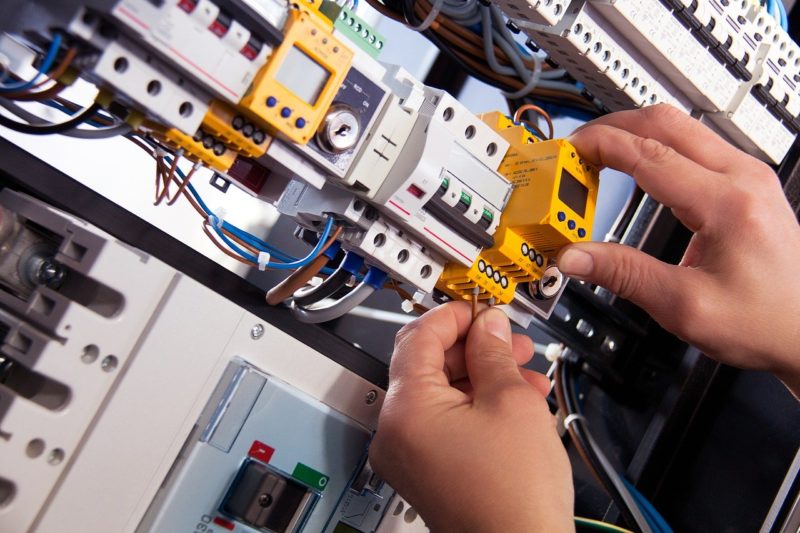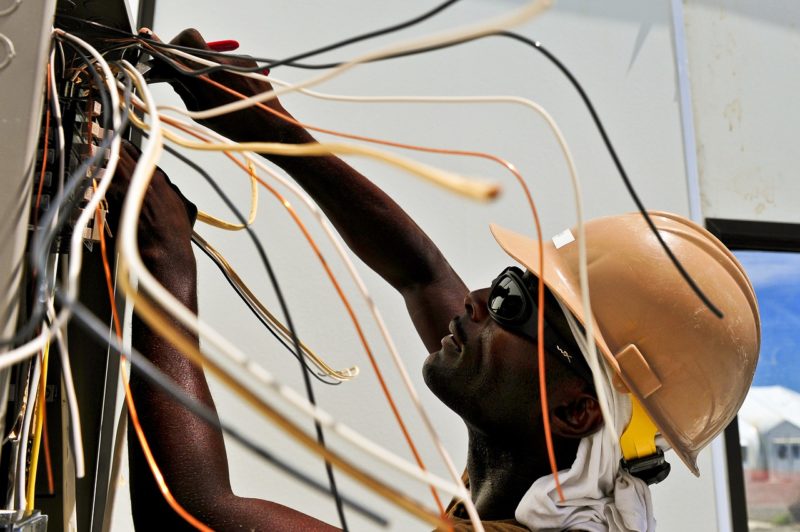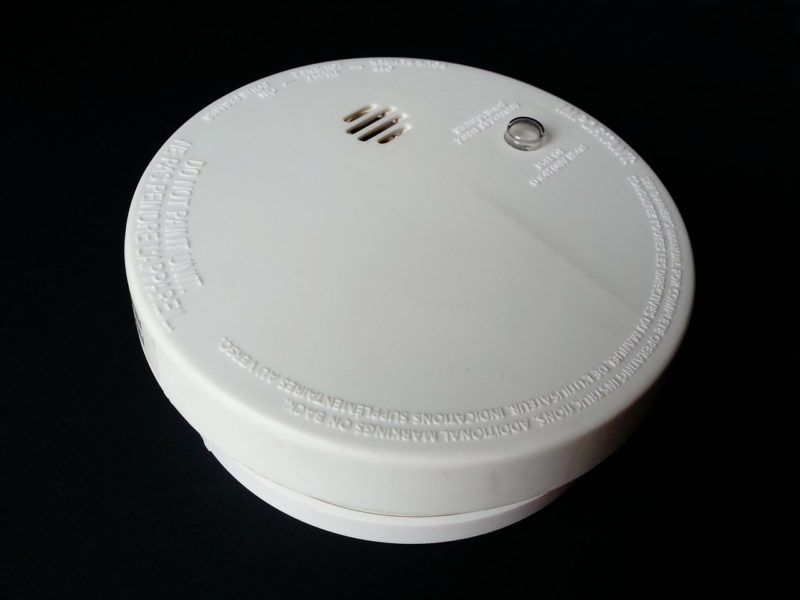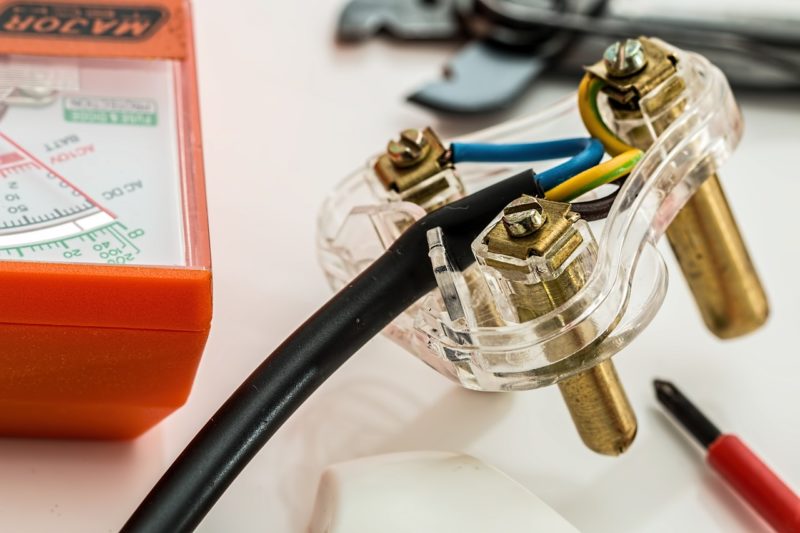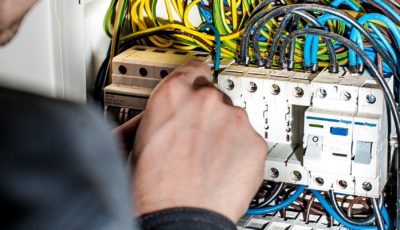Electrical Checks to do Before Buying a Home
In this day and age, having electricity in the home is vital. It is our source of heat, light, entertainment, and so many other things. However, when it’s neglected, electricity stops being helpful and becomes dangerous, even life-threatening.
A high percentage of home buyers do not inspect the electrics before making the purchase. Electrical issues, such as faulty wiring, can cause numerous problems to new homeowners down the line. These mostly include high bills and costly repairs, but also dangers such as electric shocks and fires.
Fortunately, if you’re someone who knows a thing or two about electricity and you have the right equipment, you can inspect the electrical components of the house you’re looking to buy by yourself.
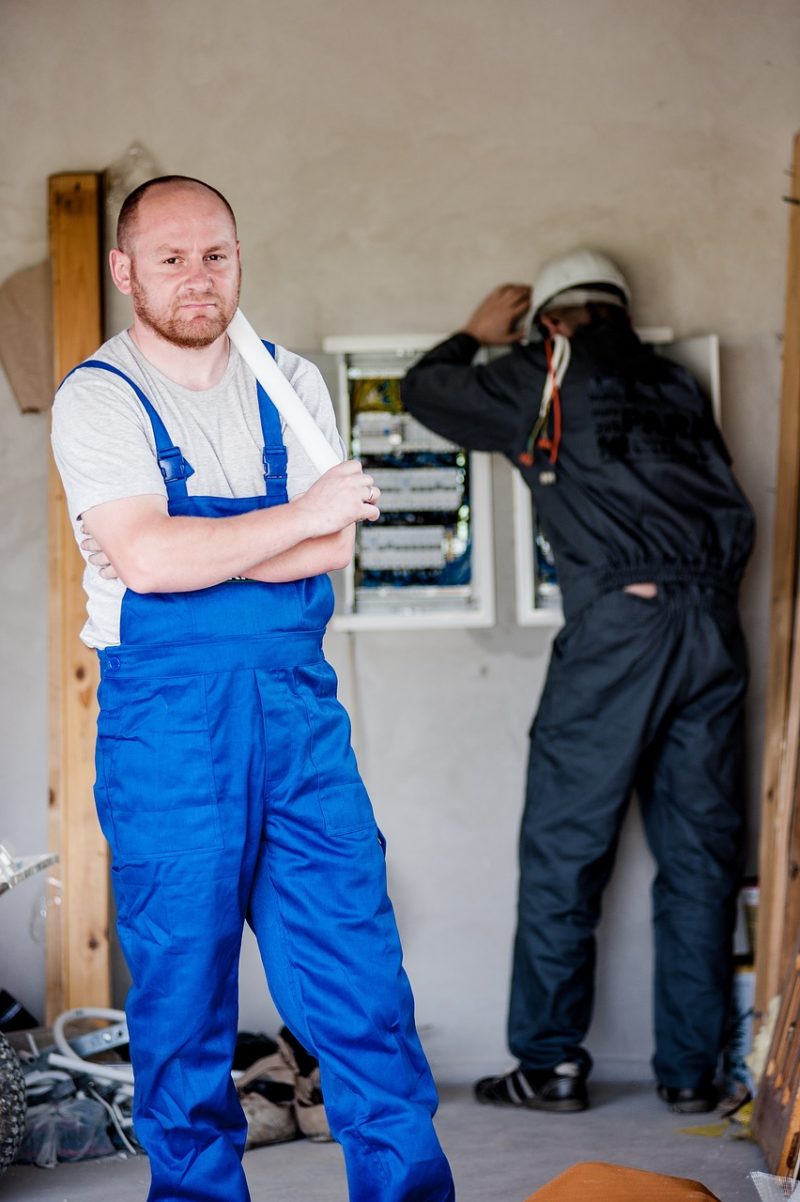
Otherwise, you can hire a licensed electrician to check these things for you and make sure the house’s electrical system performs well and is up-to-date. In fact, a lot of potential electrical problems go undetected to the untrained eye.
Here are the most important electrical checks to do before purchasing a property:
Electrical Panel
The first thing that can provide a buyer with the necessary info concerning the age and durability of the property’s electrical system is the electrical panel. For example, if there’s a fuse box instead of a circuit breaker, the wiring of your potential new home is undoubtedly older.
Another thing to take into account is the capacity and the size of the electrical panel.
Most modern homes come with 200-amp panels. Older houses, on the other hand, usually have 60-amp or 100-amp electrical panels. Consult your licensed electrician about the possibility of expansion in order to accommodate newer appliances.
Finally, try to determine the panel’s age. In most cases, an electrical panel will last for about three decades before it needs to be replaced.
Electrical Wiring
Is the house you’re looking to purchase more than 30 years old? Is its panel showing signs of an older electrical system? If so, it’s vital that you find out as much as you can about the wiring.
Instead of aluminum wiring, which is present in most modern homes, older houses have copper wiring. Unfortunately, copper wiring isn’t as durable or reliable and is prone to become a fire hazard.
Some properties will have a combination of both of these types of wiring, and that can be extremely dangerous. As they’re not conducting electricity in the same manner, these metals should never be combined in the wiring system.
Do not ignore your intuition if you’re suspecting outdated wiring. Instead, call a licensed electrician to conduct a thorough electrical inspection. Keep in mind that replacing the entire electrical wiring can be very expensive, so do your homework before making an offer.
Electrical Outlets
Unlike old light fixtures, which just look outdated and old-fashioned, old outlets are downright life-threatening. Today’s electrical standards require those outlets that are located close to water sources to be GFCI outlets.
GFCI outlets, or ground fault circuit interrupter outlets, are capable of cutting off power whenever they detect an unbalanced current. As you can already guess, this protects appliances from surges, but also the homeowner from getting electrocuted.
Whenever a particular appliance comes into contact with water, this special kind of outlet detects the current disruption and immediately cuts off power.
Check if the outlets in the home you’re looking to buy have three-prong holes, as well as “reset” and “test” buttons. If they don’t, they will have to be replaced.
Smoke Alarms
A lot of injuries and fatalities around the world take place due to faulty and outdated smoke alarms.
This simple device saves lives by warning a homeowner that there’s a fire in the house. Over time, however, a lot of these devices have become outdated, and usually do not comply with standards concerning smoke alarms in most countries.
Nowadays, the laws often require smoke alarms to be hardwired and have a back-up battery. When checking the electrical system of the house you’d like to purchase, have a licensed electrician check the smoke alarms. He should be able to note their locations, determine if there’s enough of them, and check if they’re up to the standards and working correctly.
Overloaded Circuits
Electrical circuits can handle only a limited amount of electrical current. As the name suggests, overloaded circuits are the ones receiving more demand than they can handle.
As they age, electrical installations easily become overloaded. This is particularly true for installations in older homes – they were not designed to handle so many modern appliances.
Signs of overloaded circuits include circuit breaker tripping, burning smells, power tools and appliances lacking power, buzzing switches and outlets, and switches and outlets being warm to touch.
Have an electrician check the electrical demands of the circuits and determine the necessary corrections. To reduce the load on every existing circuit, you may have to install new and additional circuits – factor this into your offer.
Be Thorough, Instinctive
When checking the electrical system of your potential new home, make sure to follow your gut instinct.
In case the system looks disorganized, cluttered, or messy, bring in a licensed electrician. Noticing these problems on time will assist you in avoiding future expenses. It will also provide you with some negotiating room.
Author Bio
Kevin has gone through an extensive home renovation with his son, which he has both thoroughly enjoyed, and dreaded every morning. He is now the proud owner of half his dream house (the other half has been waiting for spring). You can read more of Kevin’s work on PlainHelp.

